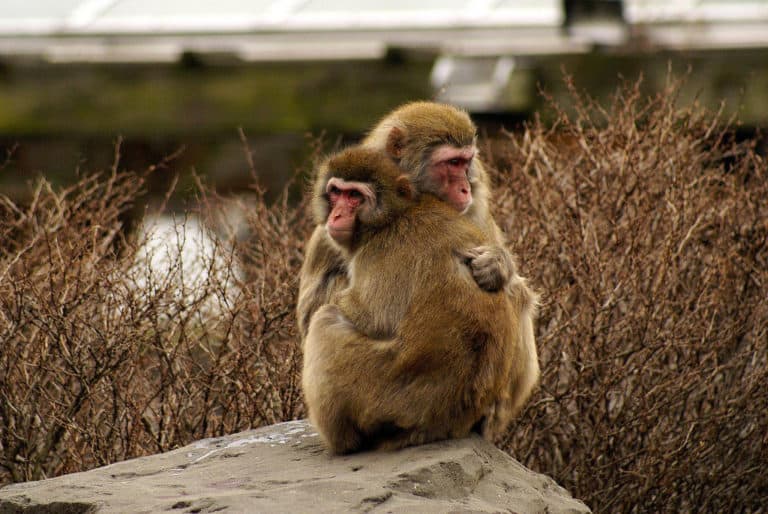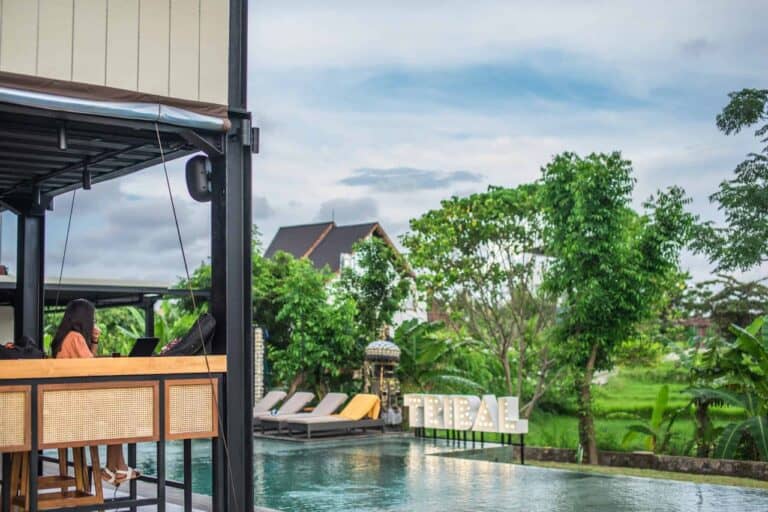We all have that one overly-cautious family member who can bring a damper to any happy occasion. You finally booked your long-awaited ticket to paradise when they ask – ‘but, is Bali safe?’
Over the past few years, Western news stations have reported on Bali’s natural disasters with an ominous tone, creating fear around travelling the island.
Positioned just a few degrees from the equator, with Bali’s amazing hot weather and stunning tropical landscape comes the potential for earthquakes and volcano eruptions – however, these shouldn’t scare you off.
I have researched, experienced and gathered together all the information you need to know before – and while – travelling to Bali to keep you safe.
COVID-19 in Bali
Just as the rest of the world, Bali was struck hard by the COVID-19 outbreak. Travel bans halted years of tourism which the island heavily relies on. Businesses closed, families struggled, and hospitals became overwhelmed – but as of 2022 things are beginning to look normal again.
You can check the Indonesian Government website for updated information – here.
Is Bali Dangerous?
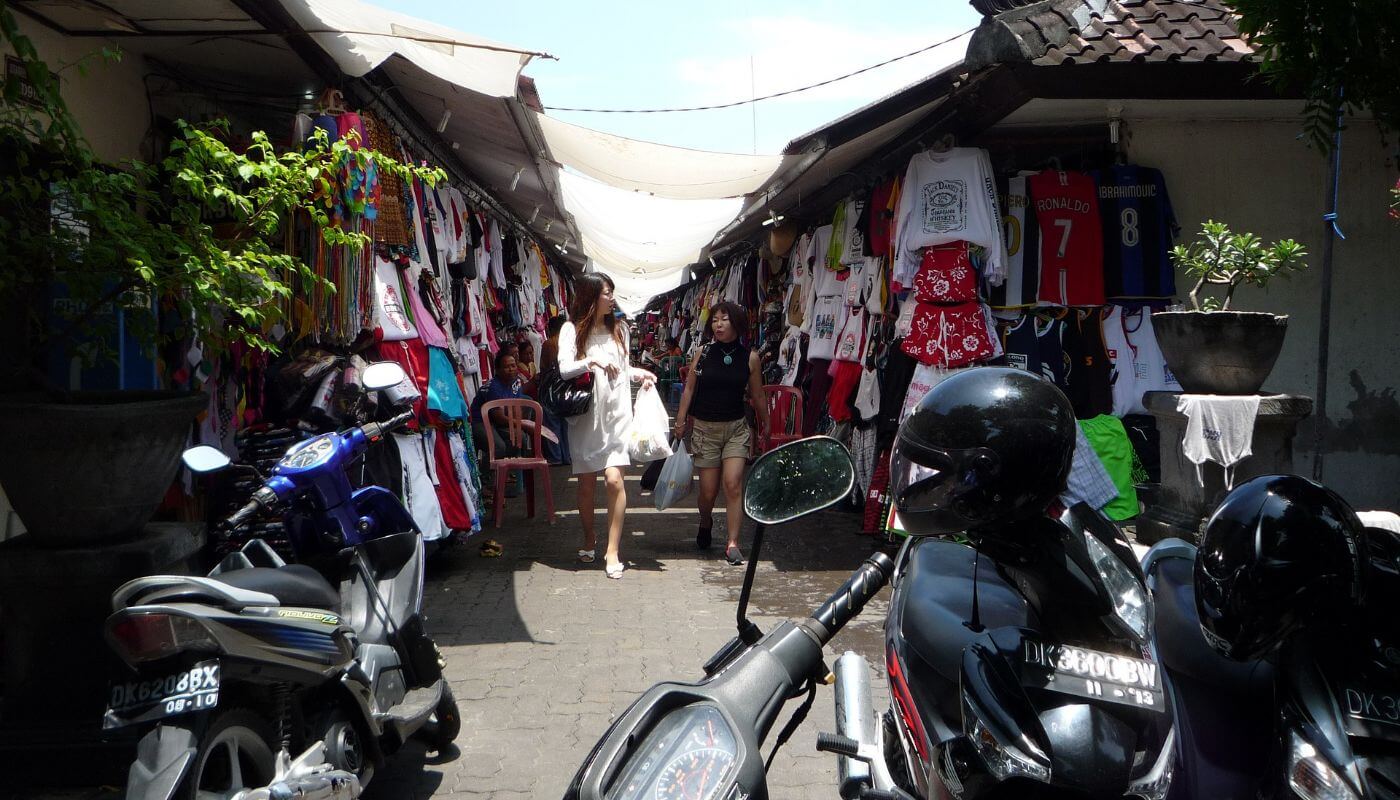
Whenever you are planning a trip to a new country, it’s always recommended to do some research on what you should be looking out for. If there is a high crime rate in a certain area, what to do in a natural disaster, any health tips that can help you avoid any dodgy illnesses.
Here is some information about what you need to be aware of in Bali, and how these ‘dangers’ should not affect your decision to travel to the island.
Natural Disasters in Bali
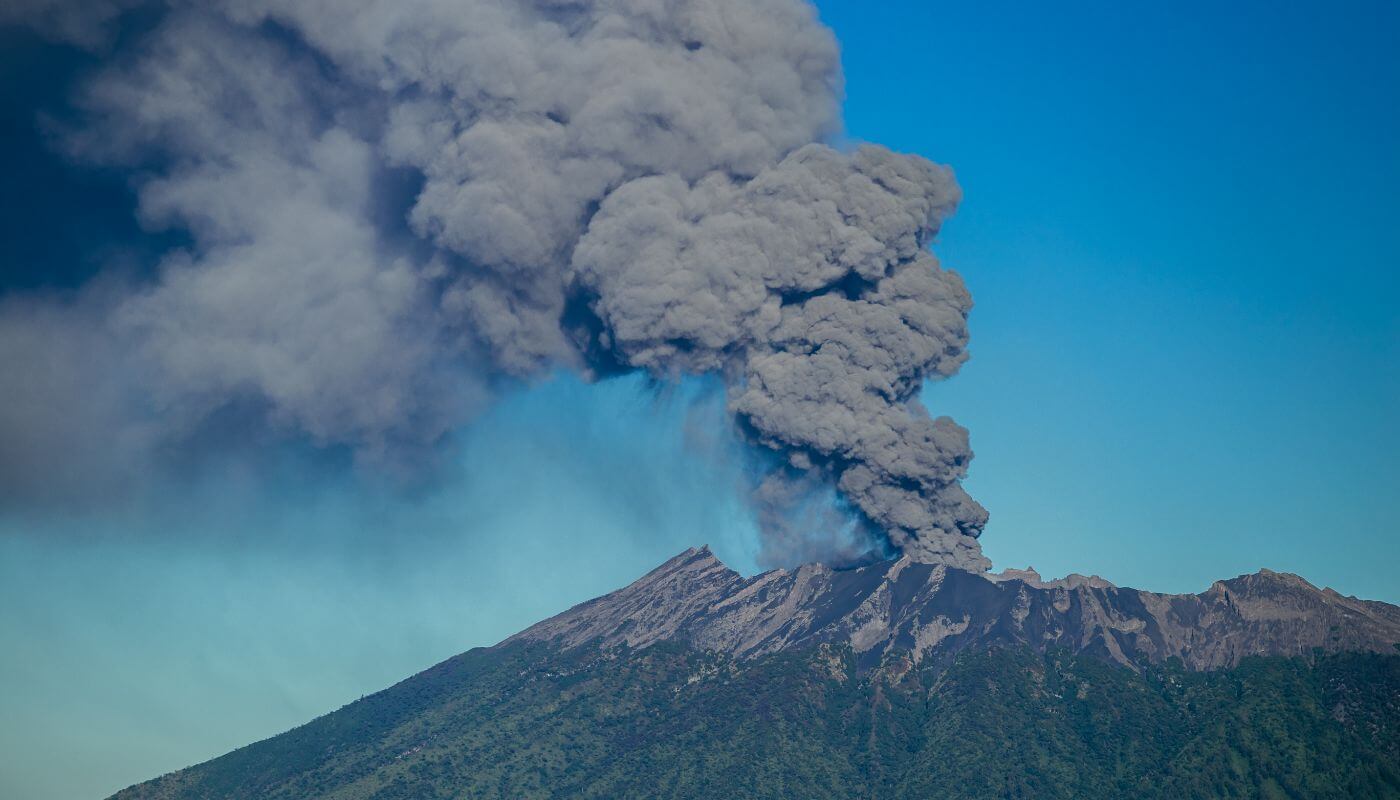
As with travelling to any tropical island, there is often a looming cloud of what if a natural disaster happens? Is Bali safe from tsunamis? What is the risk of earthquakes in Bali?
I can’t lie to you and say these things could never happen – it’s unlikely, but not zero. Yet, the very slight possibility that they could take place, shouldn’t stop you from enjoying the holiday of a lifetime!
With a little pre-holiday research, and some additional actions upon arrival, you can prepare yourself for the worst – just in case – but enjoy the best that Bali has to offer.
Tsunamis – Located on the Ring of Fire, Bali is at risk of tsunamis mainly in the Kuta, Benoa and Sanur areas.
A step you can take when booking your accommodation is to ask for their tsunami evacuation plan, and where the nearest safe zone is. Routes are planned out by the Indonesian Government for all locals and tourists to follow, to remain safe.
If a tsunami were to happen, sirens would sound and alerts would be sent through phones, TVs and radios. You would be urged to move in-land.
For those who a tsunami is one of your biggest concerns, find an accommodation at least 2 miles in-land. The higher above sea level, the better.
Earthquakes – Indonesia as a whole sits on an earthquake hot zone and has experienced many earthquakes – some minor, some catastrophic.
Similarly to a tsunami, when booking your accommodation ask for their earthquake evacuation plan.
If you feel an earthquake when you are at the beach, as a precaution head away from the water and in-land towards a safe zone. If you are inside a building when there is an earthquake, find the quickest route outside, head away from the building and wait for further instructions from the staff.
Volcano Eruption – Mount Agung is an active volcano on Bali island which last erupted in December 2018.
Eruptions are normally predicted by the local villagers and scientists, as well as the animals that begin to descend the volcano – away from danger. Sometimes you can even see smoke beginning to blow from the crater. Evacuations will take place of the closest villages, and ‘danger zones’ will be announced based on the radius around Mount Agung.
The South of the island is relatively safe. If you are staying in the East, make yourself aware of the protocol.
Crime in Bali
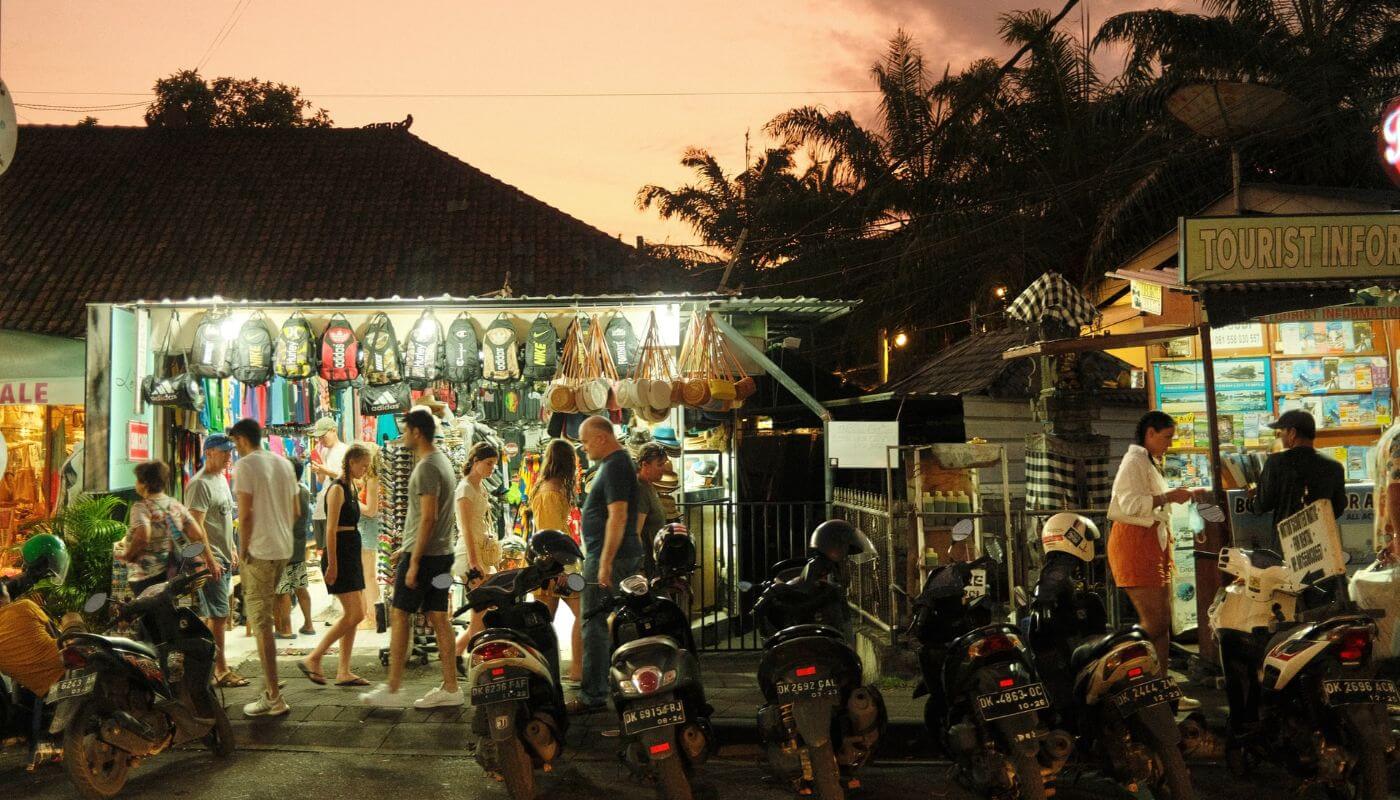
There is no country in the world that has a zero crime rating. You will always have the risk of pick-pocketers, robberies and fraud. As seasons and situations change throughout the year, crime can increase as people lose their jobs, or when they need extra money around national holidays.
However, to be safe from crime in Bali, you just need to be smart and cautious.
I had the unfortunate experience of being robbed in Bali. I was in a dark lane at night, and carrying my bag on the shoulder closest to the road, not paying attention to my surroundings. My bag was ripped from me by a thief on a motorbike.
I was distraught, but I knew I had not been careful. Thankfully I had insurance and I wasn’t carrying anything precious. I headed straight to the police station to make a report, and claimed against my insurance.
Tales similar to mine happen across the island, even to those being more careful than I. Keep the same caution as you do at home, and you have nothing to fear.
Driving in Bali
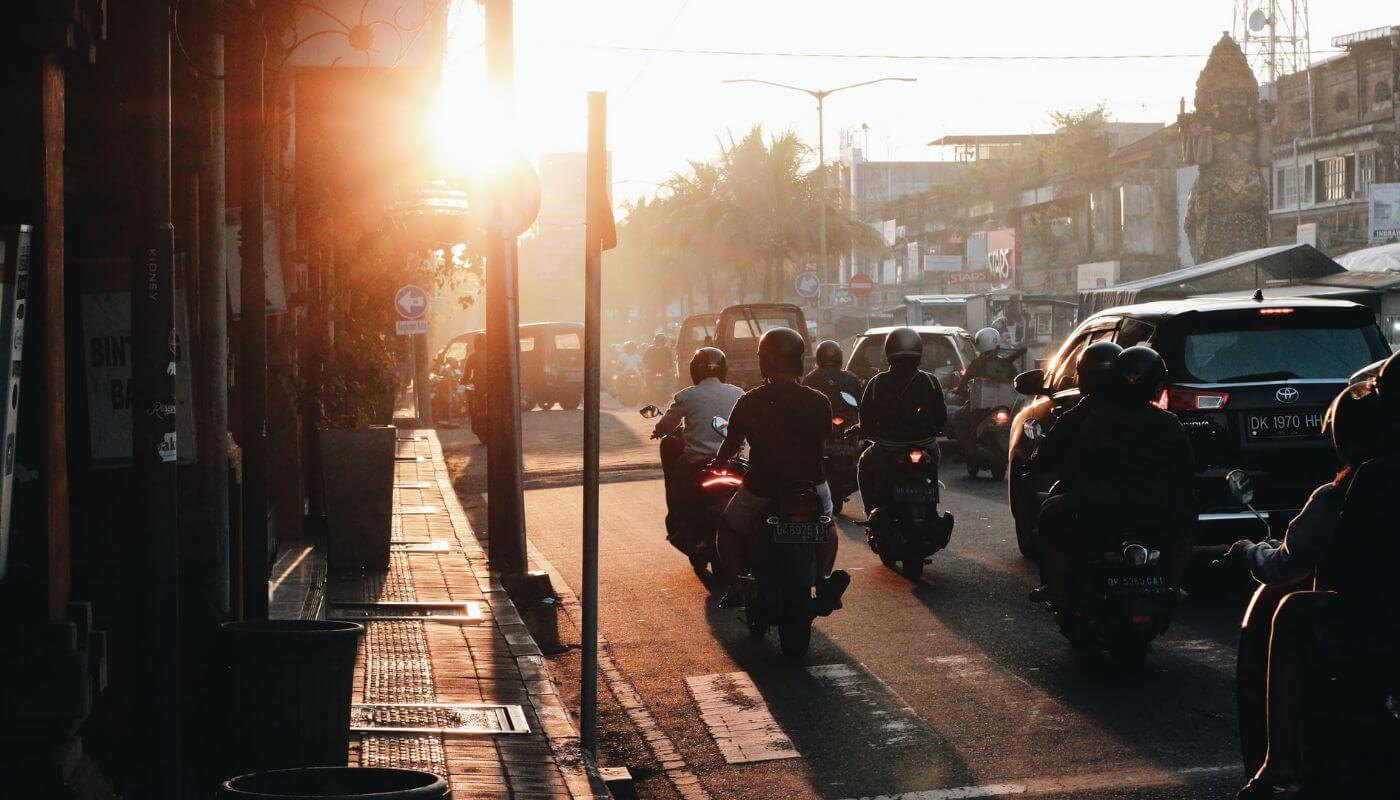
It is hard to tell from the busy crowded streets that there are road rules in Bali. Maybe not as heavily enforced as back home, but if you are planning to hire a motorbike or car you should make yourself aware of the rules of driving in Bali to avoid any accidents.
Motorbikes – My number 1 tip: no matter how badly you want a cool picture, keep your helmet on. Even if you are a confident driver, you don’t know how another motorbike close by will act, if a cat will run in the road or if a car will lose control. I also suggest covering up your legs and arms when driving – road burns can be intense. Be sure to keep any distractions out of sight, even for the passenger! You are just as important to the safety of the journey as the driver.
Overall driving a motorbike is a thrilling experience that is very handy for getting around Bali. But, with apps like GO-JEK and Grab where you can just as easily book a motorbike taxi – don’t feel pressured to drive. Safety comes first.
Cars – It is illegal to drive a car in Bali without an international license. If you are caught without, it could result in a hefty fine – perhaps even time in prison. Before leaving home make sure you have the right documentation and insurance.
For cars, the biggest competitor on the road will be motorbikes that come from every angle, every blind spot and every small lane. Stay vigilant!
It is a much more relaxing experience to hire a car and driver for touring Bali. You can take in the beautiful scenery from the back seat and let the expert driver navigate the busy roads.
Is Food Safe in Bali?

I am not sure who started this rumour, but I am here to debunk it – Bali food is safe! And, incredibly delicious.
The big resorts and restaurants are well versed in food hygiene and keep to Western standards to ensure that you have a safe meal. Washing vegetables and fruits with filtered water is one of the biggest requests, and is a widely used technique in the tourist towns. If you venture out to small villages or eat from street vendors, this may not be the case.
One of the food concerns to be aware of is dog meat. A tradition brought over from Java, it is common for sate or bakso sellers on the beach to sell undisclosed dog meat – sometimes even rat meat! My advice – if you aren’t sure, don’t buy it.
Is Bali Safe for Solo Travellers?
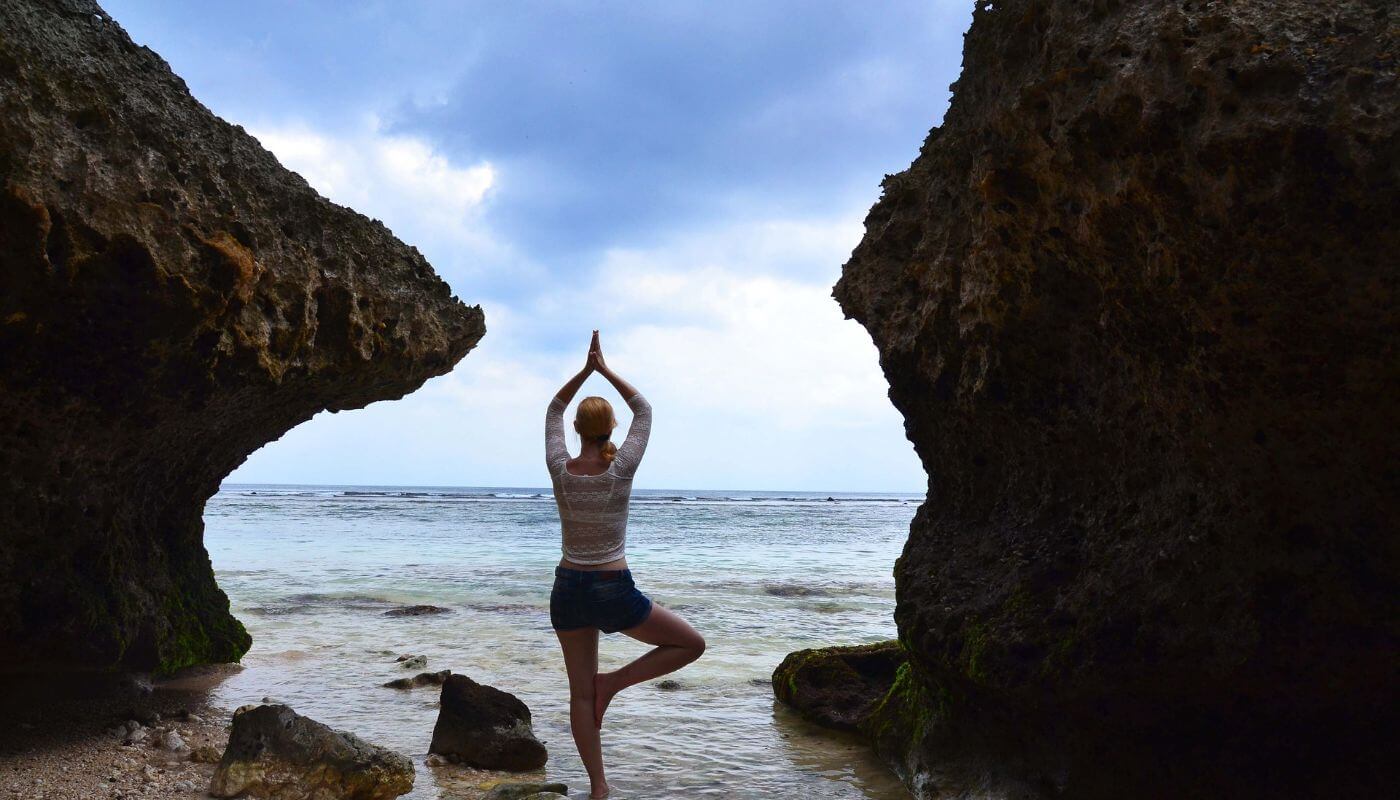
Travelling solo can be the ultimate act of freedom – you can travel where you want, do what you want and never have to compromise. With friendly locals, amazing hostel options and a thriving tourist scene, Bali is safe to travel alone.
For any solo trip to Bali, start with finding a safe accommodation. Having a comfortable spot where you can feel safe and protected as you sleep will ensure you have an amazing trip. The big town centres like Seminyak and Canggu are filled with cosy hostels and hotels that are easily accessible and on the main road – avoid small lanes, especially at night.
Popular Facebook groups like – Girls in Bali and Canggu Nomad Girls can help to ease the worries of a solo female traveler in Bali. The community offers a kind ear, great tips and group events where you can meet other travellers!
Stay vigilant, keep your possessions close or locked away, and have an unforgettable time exploring paradise.
Is Bali Safe for Families?
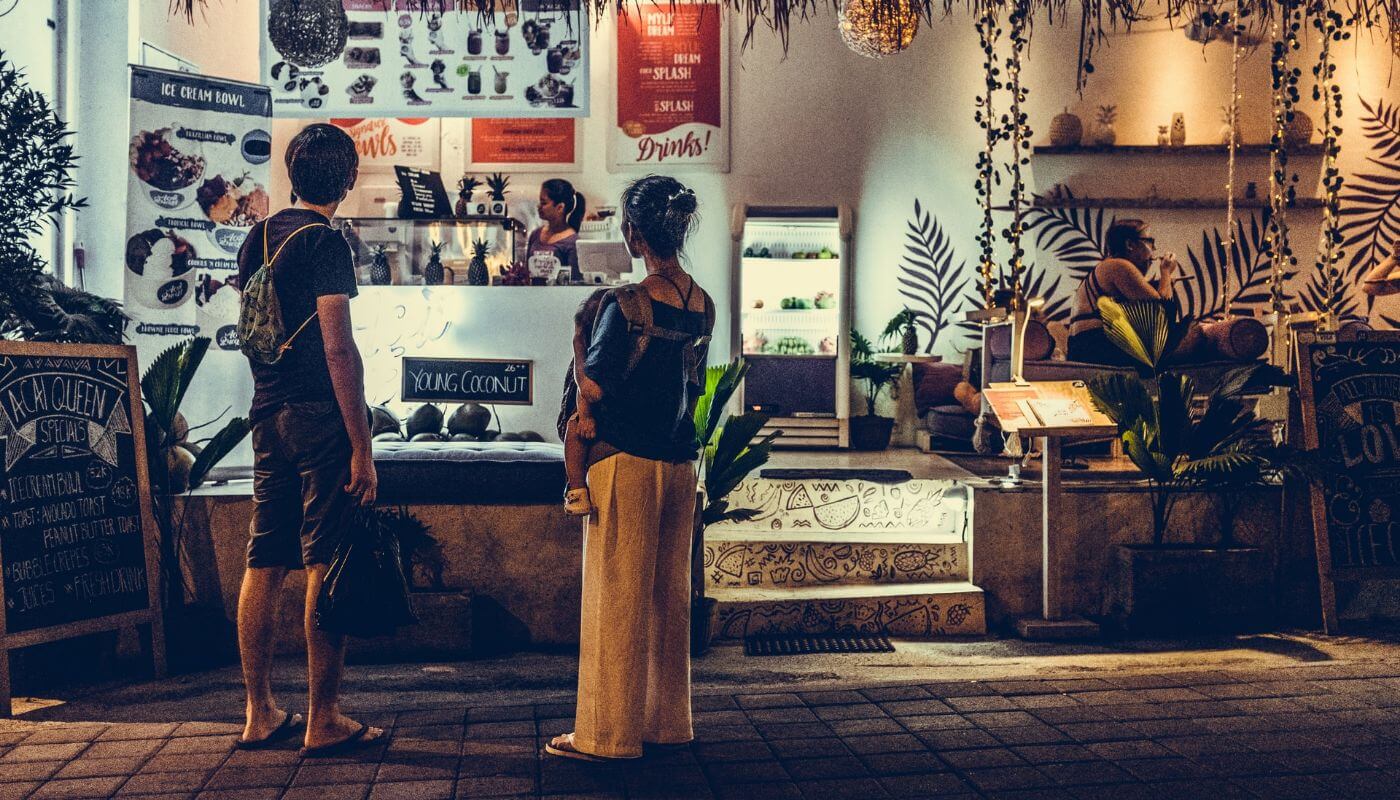
Back in the early 90s when the island was still mostly sandy streets and quiet beaches, my parents brought me to Bali once a year on holiday. They often mention how restaurant workers would whisk me off to the kitchen and I wouldn’t be seen for the rest of the meal – my blonde hair and baby cheeks got me behind-the-scenes access.
Of course, that was a very different time, but I can honestly say not much has changed. Bali is safe for babies, and the whole family! It is packed with child-friendly activities, hotels and villas where you can relax and enjoy the adventure of a lifetime with your loved ones. The friendly locals are child-obsessed and will make special arrangements, or meals, to ensure the kids are happy, even without your request!
A little tip – Baby food is not easily found in local stores. If you have a holy grail brand, bring it with you. Same goes for diapers, better to pack too many than too little. I also suggest to be prepared with your own water safety gear – armbands, rubber rings, etc.
Is Bali Safe for Backpackers?

Just like solo travellers, backpackers head to Bali with the aim of venturing to each corner of the island to soak in every bit of tropical paradise they can get. Before heading out on these adventures, I would recommend doing a little bit of research about each area. Of course, the tourist hubs are safe and can be wandered, but as you head out further afield be sure to have a trusted guide on hand.
During your explorations make sure your phone has battery, and you don’t venture off the beaten track too close to sunset. You don’t want to be lost in the jungle without a flashlight or way to call for help!
Pick a cosy hostel, lock away your belongings, and let the adventure begin!
Is Bali Safe for LGBTQ+?
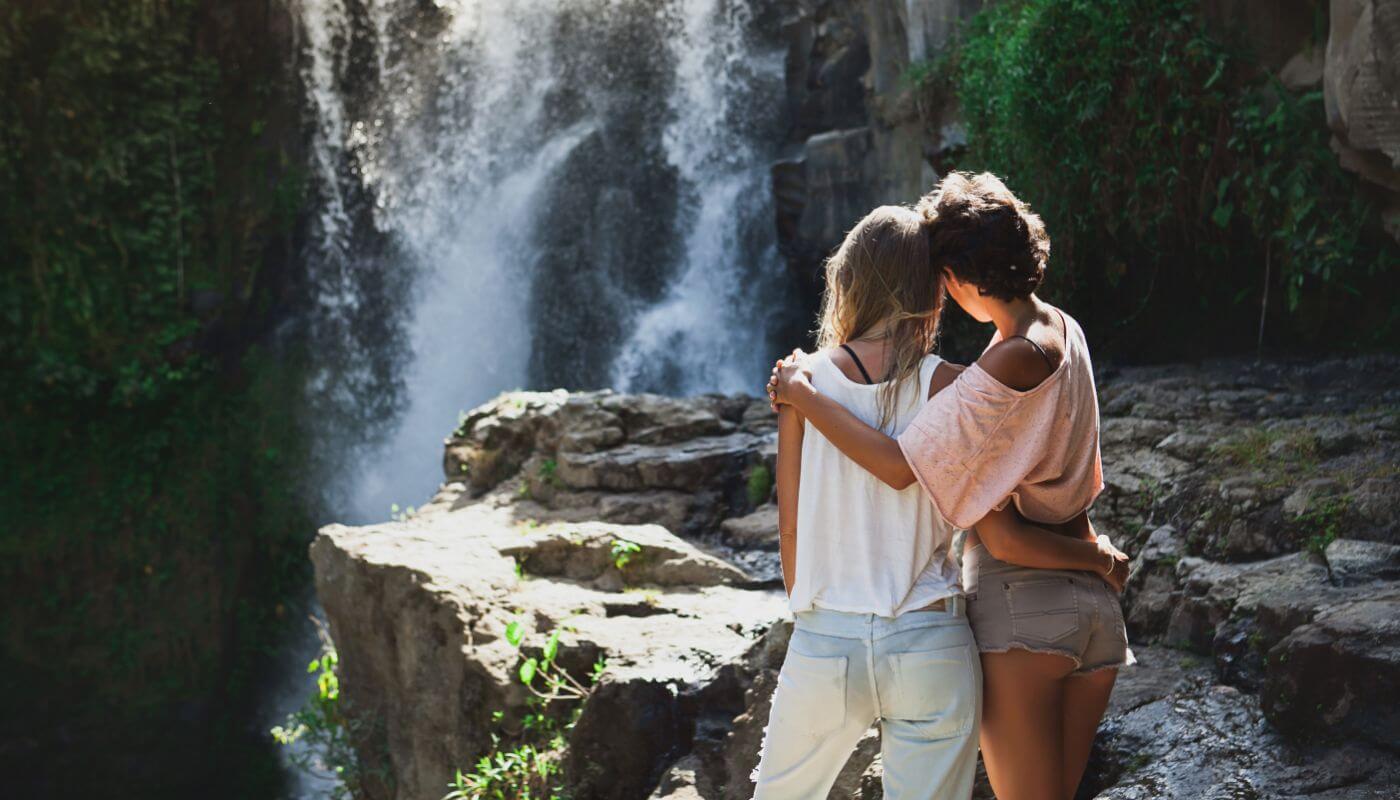
LGBTQ+ travellers are welcomed to Bali. Unlike other parts of Indonesia, as a prominently Hindu island, Bali is a safe haven for members of the LGBTQ+ community. As long as you are kind and respect their culture, the Balinese.. Well, don’t care.
If you are still hesitant, stick to the tourist centres. Kuta and Seminyak are home to some of the most well-known LGBTQ+ bars on the island – Mixwell Bar and BaliJoe Bar are in the heart of Seminyak.
Although the island is welcoming, there are residents and locals who might not be as easy going, be mindful and understanding.
Avoid major PDA – but this also goes for straight couples – being all over one another isn’t respectful.
Is Bali Safe to Live?
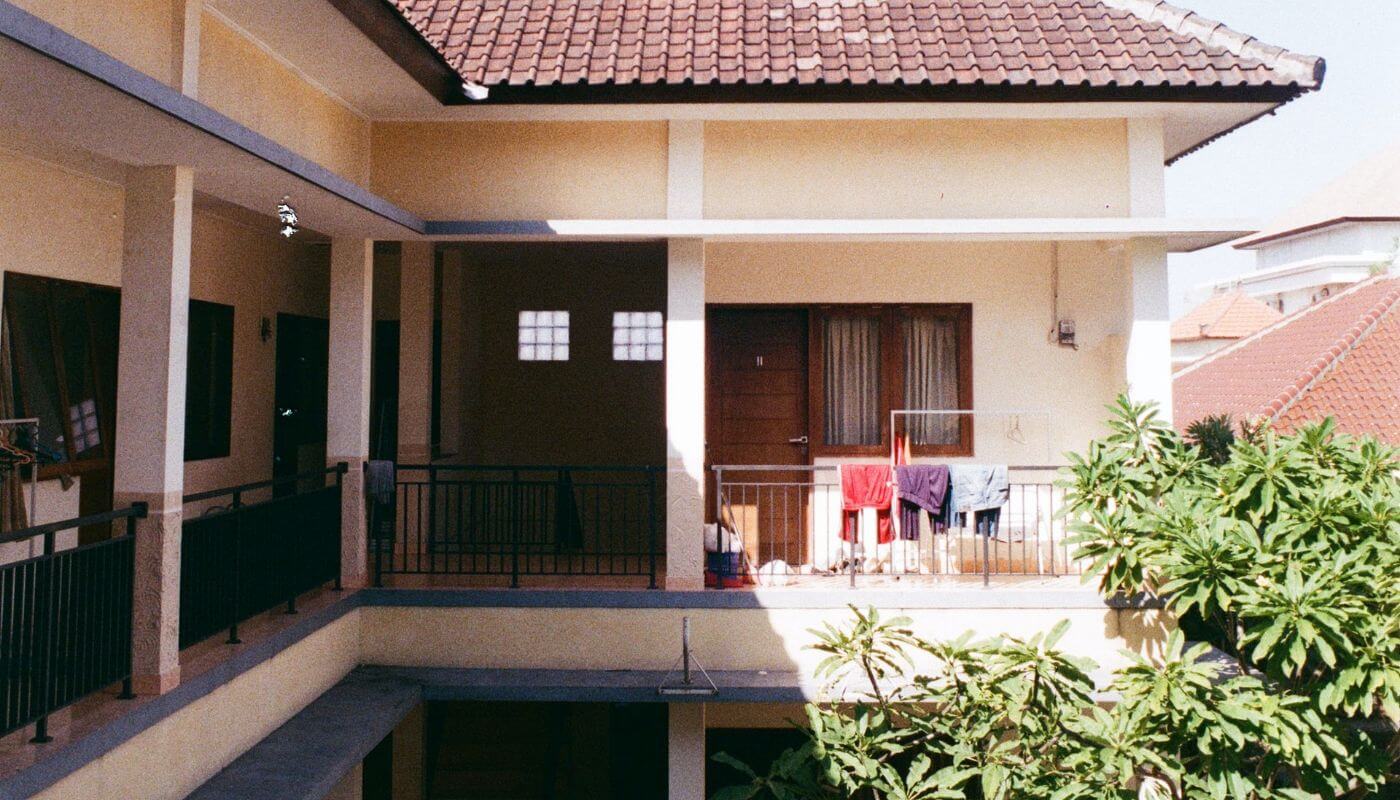
It is totally safe to live in Bali.
Picking a safe neighbourhood, making a close group of confidants and adopting a dog are some of the best things to do to feel very safe and content living on the island.
If you will be living in a kos-kosan or shared accommodation, make sure to have the owners number on hand – just in case. The same goes for a private villa. Get to know your neighbours and take the time to visit the pecalang or local security to introduce yourself. These are the people who will be helping you out in emergencies, or with any troubles.
Health & Safety Tips for Bali
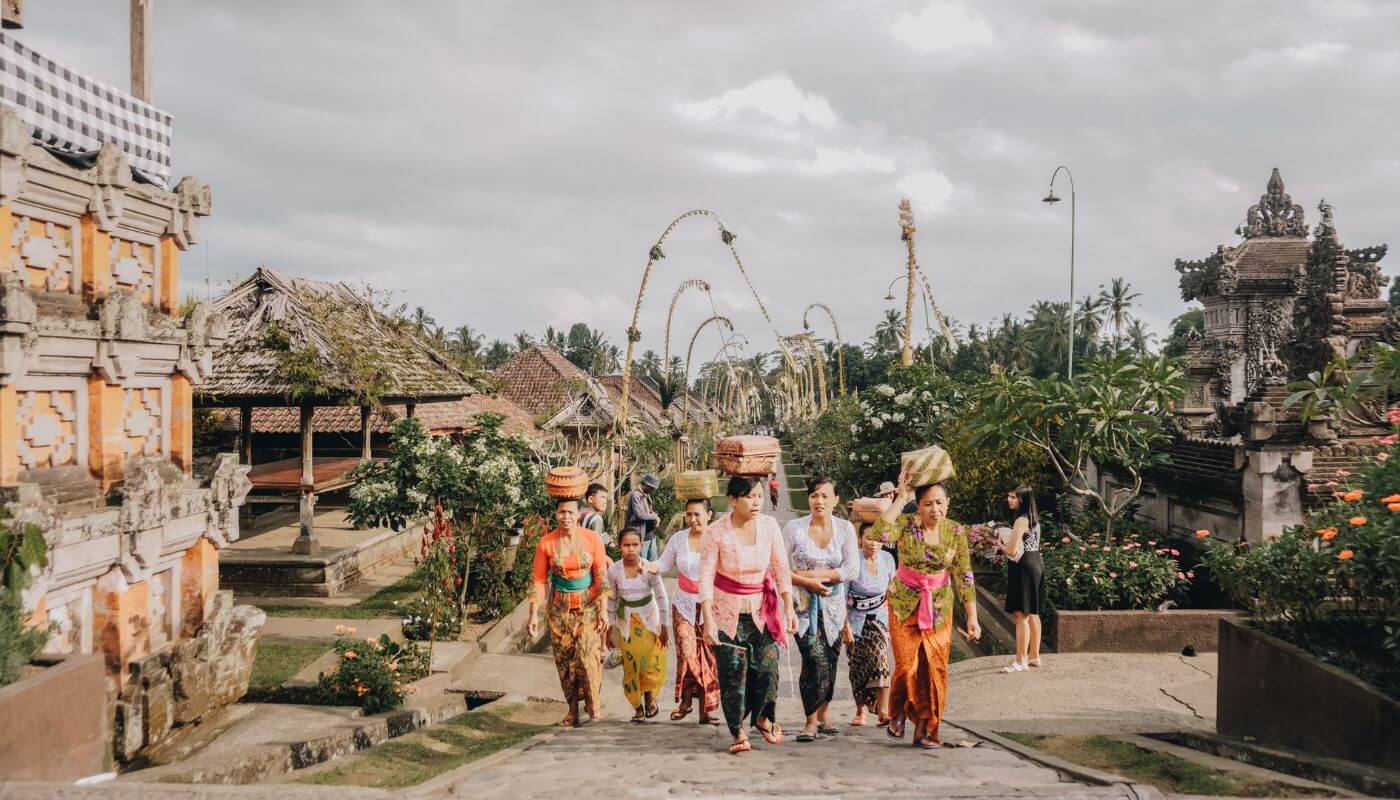
Bali has its fair share of things to watch out for – don’t drink the tap water, avoid the monkeys, keep your bag close by. With my tips and tricks, you can feel safe, confident and healthy throughout your trip.
Let’s start out with some Bali safety tips to make your trip a breeze –
- Research the area you are staying – Check out if there are any warnings about the area, if there is an increased crime rate, and find out where the nearest evacuation route and safe zone are.
- Research your accommodation – Always check the reviews. If you find anything mentioning safety or crime, consider another option. For solo female travellers I would recommend a hostel or hotel that is located on the main road – avoid small lanes. For families, private villas are a great option so you can watch your kids and make sure they are safety locked in at night.
- Pack responsibly – For a beach holiday you really don’t need to be packing stacks of expensive jewellery. Keep your packing modest and smart.
- Get to know transportation companies – Before arriving in Bali, do a quick search on the best trusted transportation and tour companies. Blue Bird Taxis are the most famous and fair on the island. Grab and GO-JEK are also safe thanks to their app tracking.
- Be aware of natural disasters – As mentioned above, it is important you know what to do if a natural disaster were to happen during your trip to Bali.
- Watch your belongings – It’s very tempting to go running into the ocean leaving your bag tucked under your towel on the sand, but don’t do it. Not unless you are happy to lose whatever is inside.
- Carry your bag close and away from the road – When you are walking on the street, keep your bag on the side away from the road and close to your body. I learnt this the hard way.
- Stay away from drugs – This is a big one. The punishment for drug possession in Bali is death. Need I say more?
- Only use ATMs inside of banks – An item of convenience, there are many ATMs dotted around the streets of Bali. These are a skimming haven for criminals. Take the extra few minutes to drive to the bank and use the ATM inside.
- Use legit money exchanges – If an exchange rate seems too good to be true, it probably is. Small side street exchanges are notorious for quick hand tricks where you get short changed. Find your closest BMC Money Changer for real trusted rates.
- Don’t try the jungle juice – More often than not, in small local bars jungle juice is offered filled with cheap alcohol that could be mixed with methanol. Stick to bottled beers and alco-pops, and don’t let them leave your sight.
- Respect the locals – Respect is a very important factor in Balinese life. As a visitor be sure to respect local traditions, holidays and the people. Some may be offended if you choose to disrespect the island and its culture leading to disagreements and problems.
- Check the safety measures – There are some thrill seeking activities to get your adrenaline pumping like white water rafting and the famous Bali swings – be thorough in your questions about the safety when arriving at one of these businesses, and let them know if you have any medical histories.
All pretty straightforward, right?
Now, I’m gonna layout some of the health tips for Bali to ensure you are able to enjoy every moment of your trip –
- Check you have all the vaccinations you need – When travelling to Bali it is recommended that you have an up-to-date vaccine for tetanus, polio, hepatitis and rabies. Check with your doctor for any additional requirements.
- Bring enough existing medications for your whole trip – It is not guaranteed that pharmacies on the island will carry the same brand or ingredients of medication that you need. If you are on any medicines, be sure to pack enough for your whole trip – plus a little bit extra, just in case.
- Get health insurance – Finding good health insurance that can cover your trip is one of the most important things to do before stepping on the plane. Hospitals and medications can get expensive in Bali, make sure you have full-coverage insurance.
- Food poisoning – It seems inevitable that at some point during your trip you may get a bit of an upset stomach from spicy food, the weather or perhaps eating something that doesn’t suit you. Stocking up on rehydration powders and charcoal tablets is a good precautionary step.
- Don’t drink the water – There is no filtration in the Bali water systems – just don’t do it.
- Don’t pet the puppy – Bali is inundated with stray dogs and cats, and I know it is very hard not to cuddle them all, but rabies is a thriving disease on the island. If you are bitten, you will need an antidote within 24 hours and follow-up shots that are very expensive.
- SPF – The UV index and direct sun exposure in Bali have increased over the years thanks to global warming. Pack as much SPF as possible. Not only is it expensive in the stores, it is also hard to find good brands.
- Stay hydrated – I know that after a few hours on the beach your warm water doesn’t seem appetising, but staying hydrated throughout the hot humid days is one of the best ways to avoid sunstroke and subsequently missing out on days of your trip.
Stick with me and you will have an incredible healthy and safe Bali experience that you will look back on for the rest of your life.
Is Bali Safe for Tourists?
Absolutely!
Should you be afraid of natural disasters on the island? – Wary, but not afraid.
Is Bali the most beautiful place to visit, and you won’t be able to get enough of it? – Without a shadow of a doubt.
Should you move to Bali? – If you have to ask, you already know.



